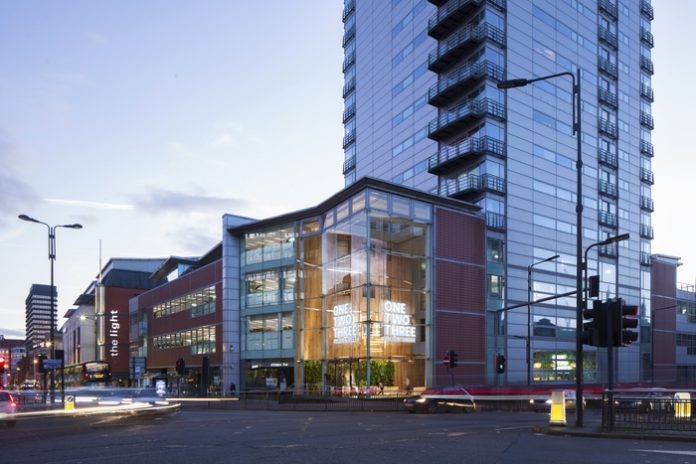The long-term outlook for the office market in UK cities like Leeds remains positive, despite Covid-19, according to a new report by global property consultancy Knight Frank.
The special Covid-19 Report suggests that the regional economy is strong enough to withstand the global pandemic.
Darren Mansfield, partner, commercial research at Knight Frank, explained that the reconfirmation of development proposals and the start – and continuation – of work on some projects underlined the positive long-term view on growth in UK cities such as Leeds.
He commented: “In the marketplace, there is still a willingness to continue transacting but because of the challenges with conducting due diligence, the velocity of deal flow will inevitably slow down in the months ahead
“However, the market is more balanced than before the global financial crisis. Office vacancy across the UK cities is much lower in 2020 that it was at the onset of the crash.
“The development pipeline is also more constrained now. As at March 2020, there was close to 7m sq ft scheduled for completion across the UK cities between 2020 and 2022. Much of this has already been let with 4m sq ft speculative. Between 2008 and 2010, development completions were close to 14m sq ft meaning market oversupply post crisis is less of a risk today.
Meanwhile Eamon Fox, partner and head of department at Knight Frank in Leeds, explained: “Work on a number of crucial projects in Leeds is continuing, whilst forensically observing the Government’s social distancing strategy. These include Rushbond’s Majestic (66,000 sq ft), Town Centre Securities’ 123 Albion Street, formerly the Cube, (60,000 sq ft) and CEG’s first building at Temple, Globe Point which is 40,000 sq. ft.
“Looking ahead, districts and buildings that have made infrastructure a priority will carry additional favour as firms become more risk averse. Because demand has slowed at the same pace as supply, a supply and demand imbalance may not be as pronounced as recorded after previous economic shocks.
“Should an early breakthrough materialise on the COVID-19 crisis, a rebound in activity could be swift. What cannot yet be factored in however, is the scale of tenant release space that will derive from business casualties.
“Establishing a more autonomous business culture was already rising on the corporate agenda long before COVID-19 crisis, albeit trust and infrastructure had previously limited some measures being adopted. With these two hurdles now passed, what will the effect be on the shape and scale of occupational demand in the future?
“However, most people now forced into the current world of digital only interaction will testify to its shortcomings not least the social, creative and collaborative benefits an office provides.
“As such an accentuation of a pre-crisis trend is likely, whereby the form and function of the office shifts towards a hub for collaboration, creativity and innovation rather than as a hub for 9 to 5 processing and administration” he added.






















